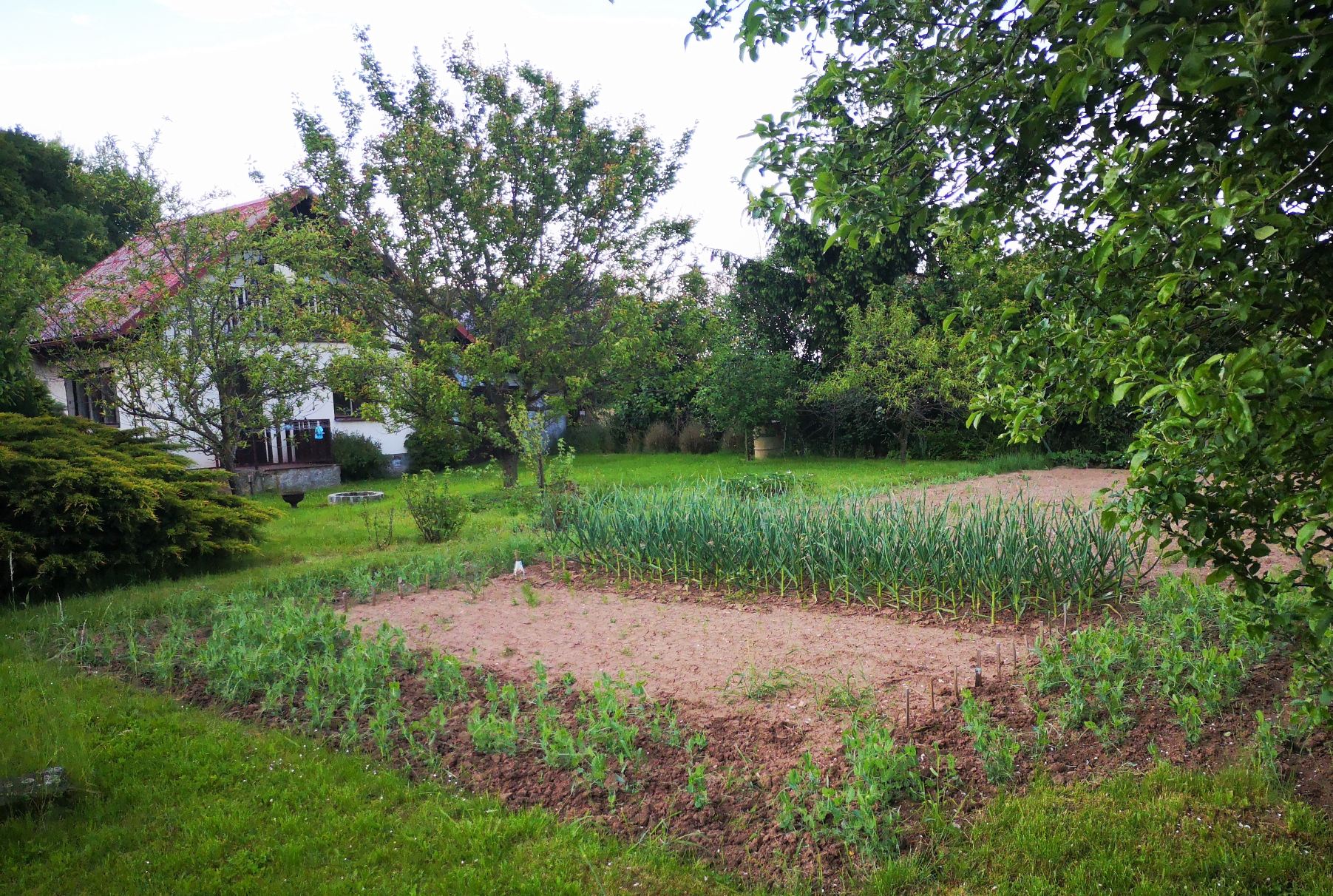
Samozásobitelství jako trvale udržitelná aktivita: poznatky z evropské semiperiferie
Samozásobitelství jako trvale udržitelná aktivita: poznatky z evropské semiperiferie
Wed Aug 18 11:17:43 CEST 2021

Petr Jehlička je jedním z autorů nového článku v časopise Geoforum.
Na základě nedávných empirických výzkumů v Chorvatsku a v Česku argumentují autoři (Petr Jehlička, Branko Ančić, Petr Daněk a Mladen Domazet) v článku uveřejněném v časopise Geoforum proti čistě ekonomickému rámování samozásobitelství potravinami ve zprávách a publikacích vycházejících z výsledků celoevropských šetření o kvalitě života (European Quality of Life Surveys). Ukazují, že v analýzách samozásobitelství je třeba zohlednit skutečné motivace lidí k této činnosti. To je velmi důležité pro úvahy o trvalé udržitelnosti, neboť jednání, které je rámováno jako žádoucí a atraktivní a které je spojováno s pozitivními konotacemi, může být efektivněji propagováno jako model trvale udržitelného jednání než takové, jež je vnímáno jako důsledek ekonomické nezbytnosti.
Odkaz na článek (open access do 28. září 2021) naleznete zde: https://authors.elsevier.com/c/1dYVi3pILWMQd.
Název: Beyond hardship and joy: framing home gardening on insights from the European semi-periphery
Autoři: Petr Jehlička, Branko Ančić, Petr Daněk a Mladen Domazet
Časopis: Geoforum
Abstrakt:
European accounts of home gardening or food self-provisioning (FSP) typically frame these practices as primarily economically motivated and need related, and community gardening or urban agriculture as ethical sustainability strategies. Drawing on primary research on FSP in two East European countries, this paper combines analysis of socio-demographic and socio-economic characteristics of food self-provisioners with analysis of their motivations. There is strong evidence that while economic reasons are present FSP is primarily motivated, even in comparatively less affluent East European societies, by the desire to obtain fresh and healthy food and engage in a pleasurable activity. Based on our findings, we thus propose that a more appropriate framing for FSP in the European East and West alike is characterised by autonomy and community care. This would provide for a reengagement with the epistemology of sustainability-compliant behaviours and attitudes beyond the joy vs. limitations dichotomy. Given the performativity of social scientific research, rooting the framing on knowledge from East European societies, where FSP is widespread in all social groups, including the affluent middle class, is important for lending credence to alternative visions and practices that can enhance the sustainability of overdeveloped societies.

